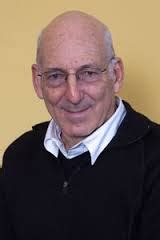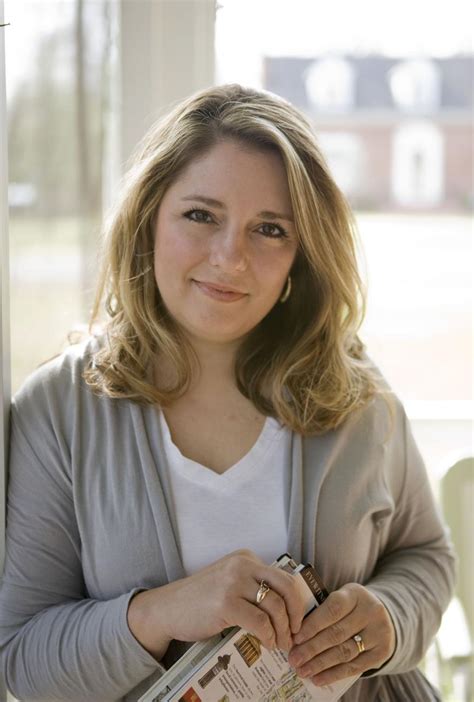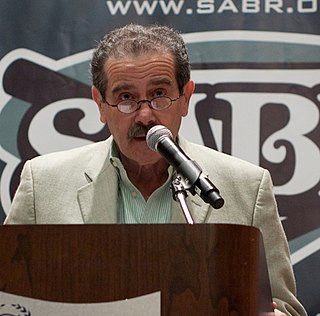A Quote by Russell Jacoby
Today's banalities apparently gain in profundity if one states that the wisdom of the past, for all its virtues, belongs to the past. The arrogance of those who come later preens itself with the notion that the past is dead and gone. The modern mind can no longer think thought, only can locate it in time and space. The activity of thinking decays to the passivity of classifying.
Related Quotes
We must abandon completely the notion of blaming the past for any kind of situation we're in and reverse our thinking and see that the past always flows back from the present. That now is the creative point of life. So you see it's like the idea of forgiving somebody, you change the meaning of the past by doing that...Also, watch the flow of music. The melody as its expressed is changed by notes that come later. Just as the meaning of a sentence...you wait till later to find out what the sentence means...The present is always changing the past.
Time moves only forward, never back. We look forward to a moment and then it arrives and an instant later it is gone. Like something on the surface of a river that we reached for but did not touch in time and it carried on, away. You cannot be a prisoner of your past against your will. Because you can only live in the past inside your mind.
But the past does not exist independently from the present. Indeed, the past is only past because there is a present, just as I can point to something over there only because I am here. But nothing is inherently over there or here. In that sense, the past has no content. The past - or more accurately, pastness - is a position. Thus, in no way can we identify the past as past
It is good to LOOK to the past to gain appreciation for the present and perspective for the FUTURE. It is good to look upon the VIRTUES of those who have gone before; to gain STRENGTH for whatever lies ahead. It is good to REFLECT upon the work of those who labored so hard and gained so little in this world, but out of whose DREAMS and early pains, so well nurtured, has come a great gravest of which we are the beneficiaries. Their tremendous EXAMPLE can become a compelling MOTIVATION for all of us. ~Gordon B. Hinckley
Keep in mind how fast things pass by and are gone - those that are now, and those to come. Existence flows past us like a river; the "what" is in constant flux, the "why" has a thousand variations. Nothing is stable, not even what's right here. The infinity of past and future gapes before us - a chasm whose depths we cannot see.
what he sought was always something lying ahead, and even if it was a matter of the past it was a past that changed gradually as he advanced on his journey, because the traveller's past changes according to the route he has followed: not the immediate past, that is, to which each day that goes by adds a day, but the more remote past. Arriving at each new city, the traveller finds again a past of his that he did not know he had: the foreignness of what you no longer are or no longer possess lies in wait for you in foreign, unpossessed places.
It is not the literal past that rules us, save, possibly, in a biological sense. It is images of the past. Each new historical era mirrors itself in the picture and active mythology of its past or of a past borrowed from other cultures. It tests its sense of identity, of regress or new achievement against that past.
We human beings have enormous difficulty in focusing on the present; we always thinking about what we did, about how we could have done it better.... or else we think about the future, about what we're going to do.... But at this precise moment, you also realize that you can change your future by bringing the past into the present. Past and future only exist in our mind. The present moment, though, is outside of time, it's Eternity.... It isn't what you did in the past the will affect the present. It's what you do in the present that will redeem the past and thereby change the future.
True forgiveness deals with the past, all of the past, to make the future possible. We cannot go on nursing grudges even vicariously for those who cannot speak for themselves any longer. We have to accept that we do what we do for generations past, present and yet to come. That is what makes a community a community or a people a people-for better or for worse.
Originally the structure was . . . a modern narrator who would appear intermittently and talk about his memories of his grandmother, which would then be juxtaposed against scenes from the past. But the stories from the past were always more interesting that the things in the present. I find this almost endemic to modern plays that veer between past and present. . . . So as we've gone on developing GOLDEN CHILD, the scenes from the past have become more dominant, and all that remains of the present are these two little bookends that frame the action.



































